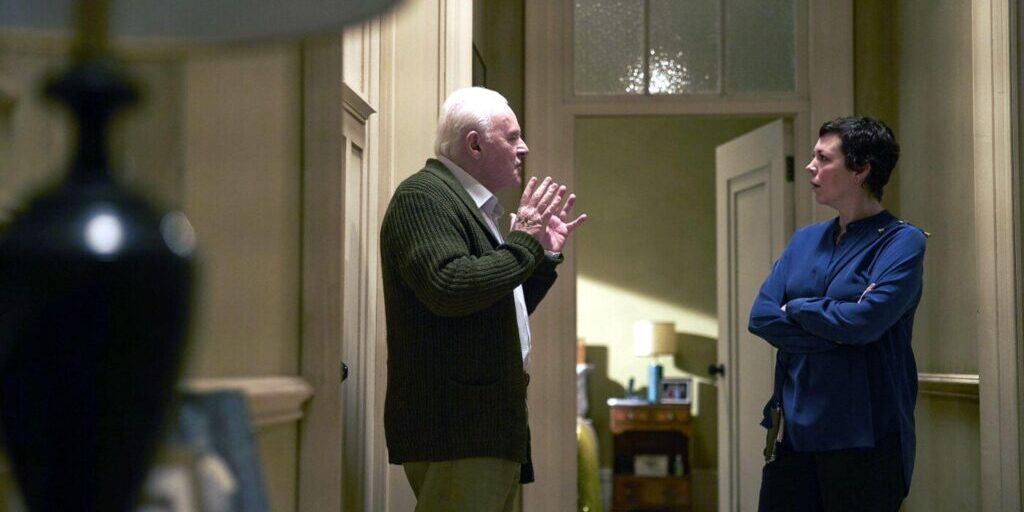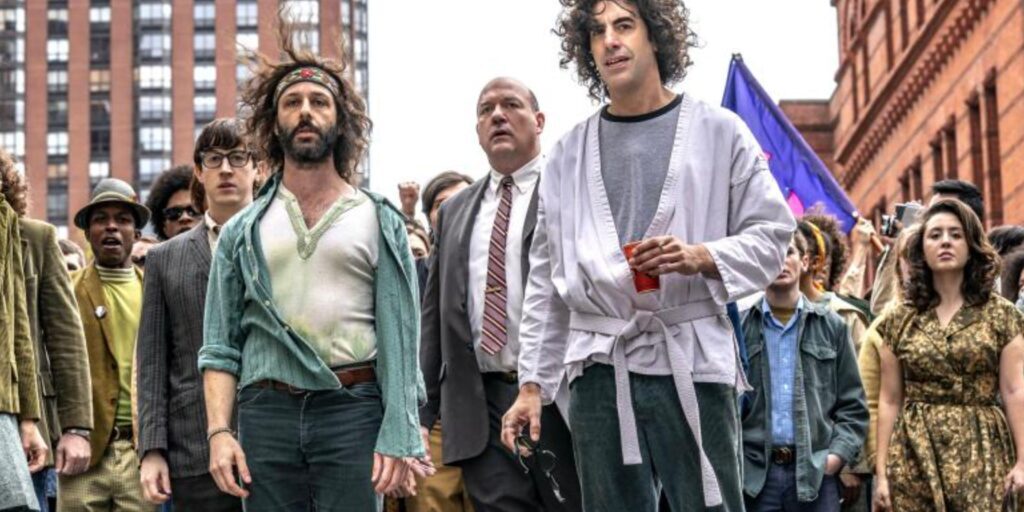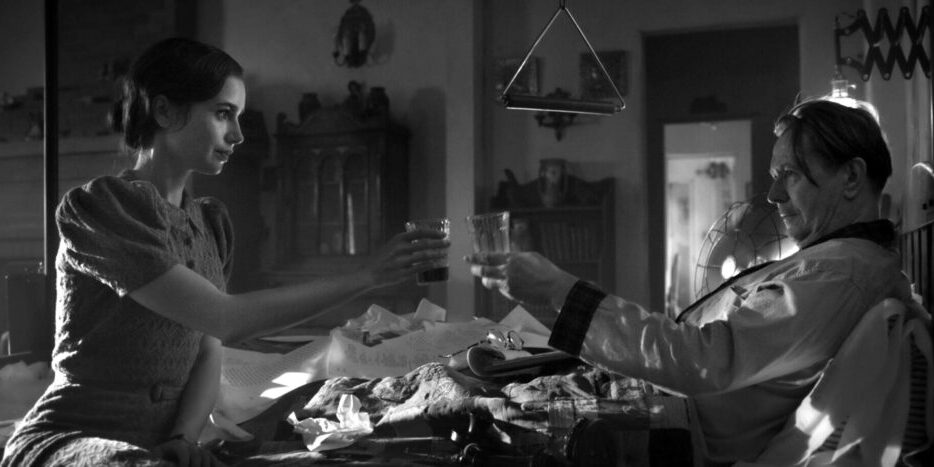
How a Psychologist Helps You Understand Trauma Through Film & tV Characters

Welcome to Characters On The Couch, my Film & Television site, where I delve into character psychology. If you’re interested in psychology, film, or a combination of the two, I bring my insights into your favorite contemporary and classic characters. I hope to help you understand their deeper psychological motivations (and, maybe, even your own).
When you think about truly iconic films, do you wonder what gives them such staying power? Is it the time of your life when you watched them? Is it the costumes or images that seemed unforgettable? Did one or more characters align with your struggles or painful experiences? Did you feel along with them? Or maybe, it’s simply that the film pulled at your heart and caused you to explore emotions in a new and profound way?
I say it’s all of the above. And, in the same way, when these meaningful elements are missing, a story becomes forgettable. I hope this site will encourage you to transform your story, personal or in writing, into magic by finding the human thread that links it and you to a universal experience.
Everything in life ties us back to complex emotions and the rhythm and language of feelings and psychology. I'll offer you that language of feeling in my blog as I write about the human struggles in each film.
THE FATHER
Fighting To Hold Onto Who He Was
The brilliance, and terror, of Florian Zeller’s The Father, is that we’re living inside the mind of an aging man losing his identity to Dementia. To watch it from the outside is bad enough. I know. I was that daughter too. But to be the one losing his grip on who he was is truly…
MANK
Why A Man Drinks Himself to Death
Herman Mankiewicz was a tragic figure – in 1940’s Hollywood and in David Fincher’s film, Mank. Sure, Mank stood up for what was right and against what was wrong at MGM and in the political world of the times. He had his principles, expressed too often in self-destructive ways. He was equally hurtful towards those who loved him. In…



